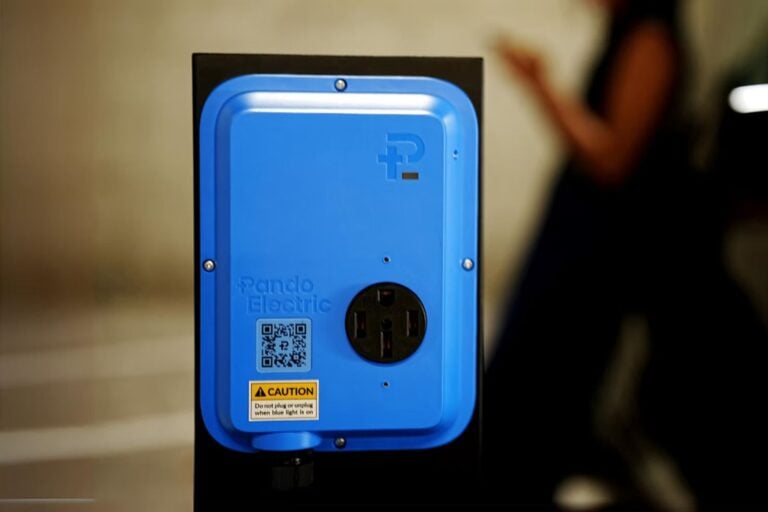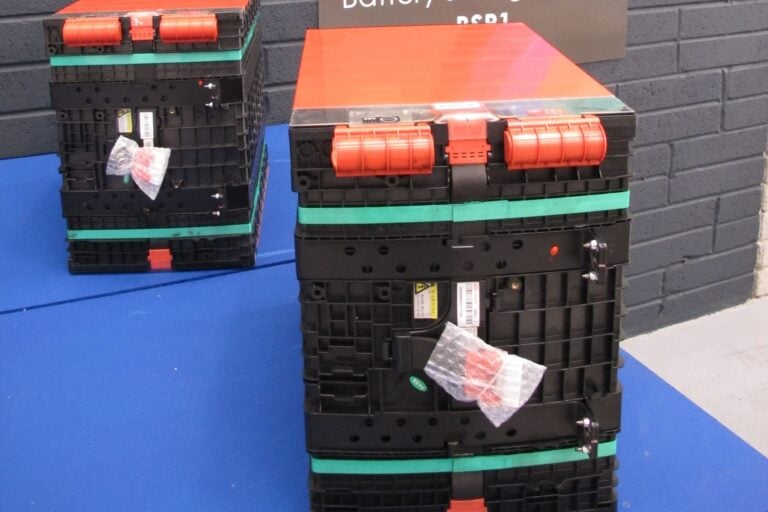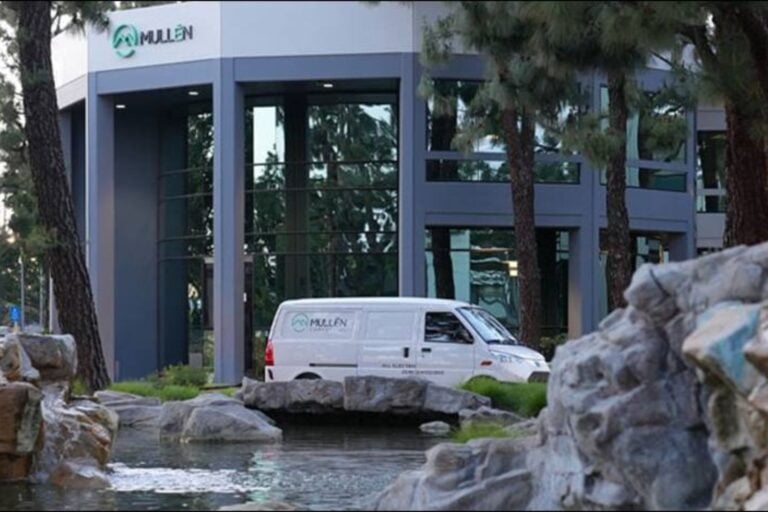The Biden-Harris Administration, under the Investing in America Agenda, has announced a significant investment of $3.5 billion to enhance domestic battery manufacturing and processing. This funding, derived from the Bipartisan Infrastructure Law, aims to create and upgrade facilities across the nation for producing advanced batteries and related materials.
Why It Matters
This investment is crucial for several reasons:
- Strengthening Domestic Supply Chains: It ensures the U.S. remains competitive in the global battery market.
- Supporting Clean Energy Transition: By advancing battery technology, this move aids the shift to renewable energy and electric vehicles.
- Creating Jobs: A focus on good-paying union jobs bolsters the manufacturing workforce.
- Reducing Emissions: Batteries play a key role in lowering greenhouse gas emissions and energy costs.
Key Points
- Investment Details: The $3.5 billion will help build new, retrofit, and expand facilities for producing critical minerals, battery components, and more.
- Phase Two Funding: This funding is part of a larger $6 billion allocation from the Infrastructure Law, following an initial $5.8 billion investment in 15 projects.
- Focus Areas: The funding will enhance U.S. capabilities in battery manufacturing, reduce reliance on foreign materials, and support underserved communities.
- Next-Generation Technologies: The Department of Energy (DOE) is prioritizing innovative battery chemistries and technologies, including non-lithium batteries.
Bottom Line
This investment is a strategic step towards a resilient, clean energy future. By bolstering the domestic battery manufacturing sector, the U.S. is poised to meet the growing demand for advanced batteries, create sustainable jobs, and significantly contribute to the global competitiveness and national security in the energy sector.








